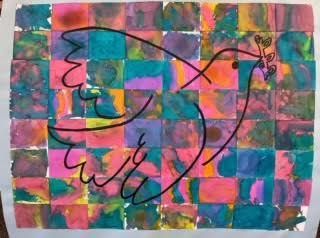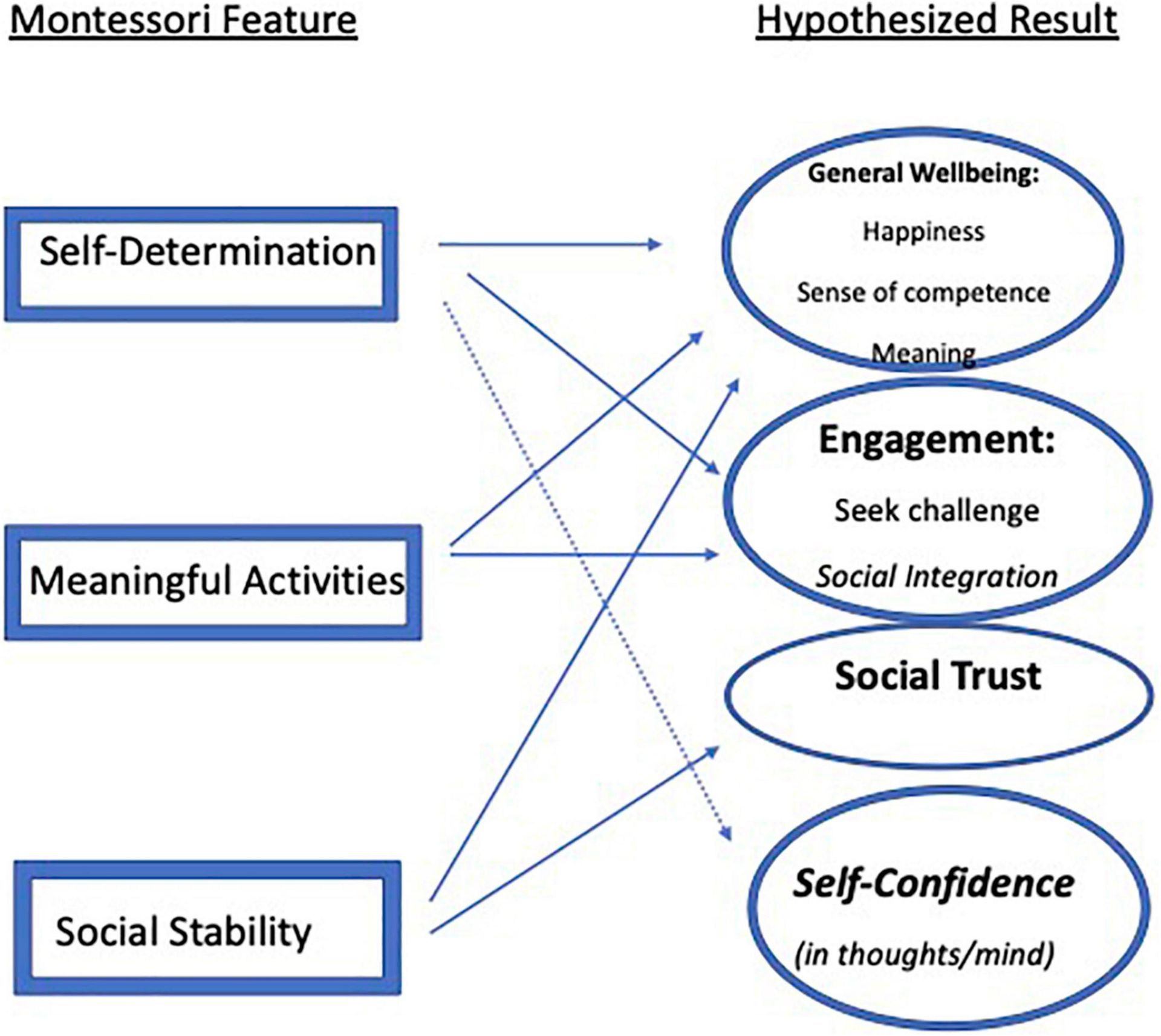
Montessori Education: A Pathway to Peace
Each year on September 21st, the world comes together to observe the International Day of Peace, a day dedicated to promoting peace, harmony, and understanding across nations. Established by the United Nations in 1981, this day serves as a reminder of the importance of peaceful coexistence, conflict resolution, and the ongoing effort to build a more harmonious world.
At the heart of peace is education, particularly the Montessori method, which deeply integrates the principles of peace and global citizenship into its curriculum. In this blog, we explore how Montessori education fosters peace in young minds and aligns with the overarching goals of International Day of Peace.
“Peace is what every human being is craving for, and it can be brought about by humanity through the child.”
– Maria Montessori
Dr. Maria Montessori was a passionate advocate for peace. Her belief in the power of education to promote social harmony earned her three consecutive nominations for the Nobel Peace Prize in 1949, 1950, and 1951. She designed an educational approach that supports the holistic development of children—emotionally, socially, and intellectually—fostering the skills necessary for peaceful living.
Several foundational principles of Montessori education naturally align with the ideals of International Day of Peace:
Respect for Individual Differences
In a Montessori classroom, diversity is celebrated. Each child is recognized for their unique qualities, and this appreciation for individual differences fosters an environment of tolerance and acceptance. Children are encouraged to embrace diversity, which helps lay the foundation for peaceful interactions and global understanding.
Peace Education
Montessori classrooms are peaceful spaces where conflict resolution is taught as an essential life skill. Children learn how to communicate effectively, listen empathetically, and resolve disputes through negotiation. This practice nurtures emotional intelligence, empathy, and an ability to foster peaceful relationships throughout life.
Independence and Responsibility
A core component of Montessori education is encouraging children to be independent and responsible for their actions. By fostering self-discipline and accountability, Montessori students develop qualities that contribute to peaceful coexistence within their communities and the world.
Global Awareness
Montessori curriculum frequently includes lessons about different cultures, countries, and global issues. This broad perspective helps children understand the interconnectedness of the world, encouraging them to embrace their roles as global citizens. A sense of unity and responsibility for the greater good is cultivated in each child.
Environmental Stewardship
Caring for the planet is another critical component of Montessori education. Students learn about environmental sustainability and the importance of protecting our shared home. By nurturing a sense of responsibility for the environment, children become advocates for a peaceful relationship between humanity and nature.
How Montessori Nurtures Peace in Children
In Montessori classrooms, peace education is not a standalone subject but a fundamental part of everyday learning. Here are some specific ways Montessori educators cultivate peace in their students:
Conflict Resolution: Children are guided to resolve conflicts peacefully. They learn to express their feelings, listen to others, and reach mutually beneficial solutions.- Grace and Courtesy: Lessons in grace and courtesy teach students about respect, kindness, and thoughtful interactions, promoting peaceful and positive relationships.
- Cultural Awareness: Montessori materials often include studies of diverse cultures, encouraging children to appreciate the richness and contributions of different traditions around the world.
- Service Learning: Montessori programs frequently integrate service-learning projects, allowing children to engage in acts of kindness and responsibility both within their communities and globally.
Montessori Education and International Day of Peace
As we celebrate the International Day of Peace, it is essential to reflect on the profound impact that education has on creating a more peaceful world. Montessori education, with its focus on respect, independence, global awareness, and conflict resolution, is a powerful model for instilling values of peace, empathy, and understanding in the next generation.
By embedding these values into the Montessori curriculum, educators are planting the seeds of peace that can grow into a more harmonious and just world for future generations.
Happy International Day of Peace!


